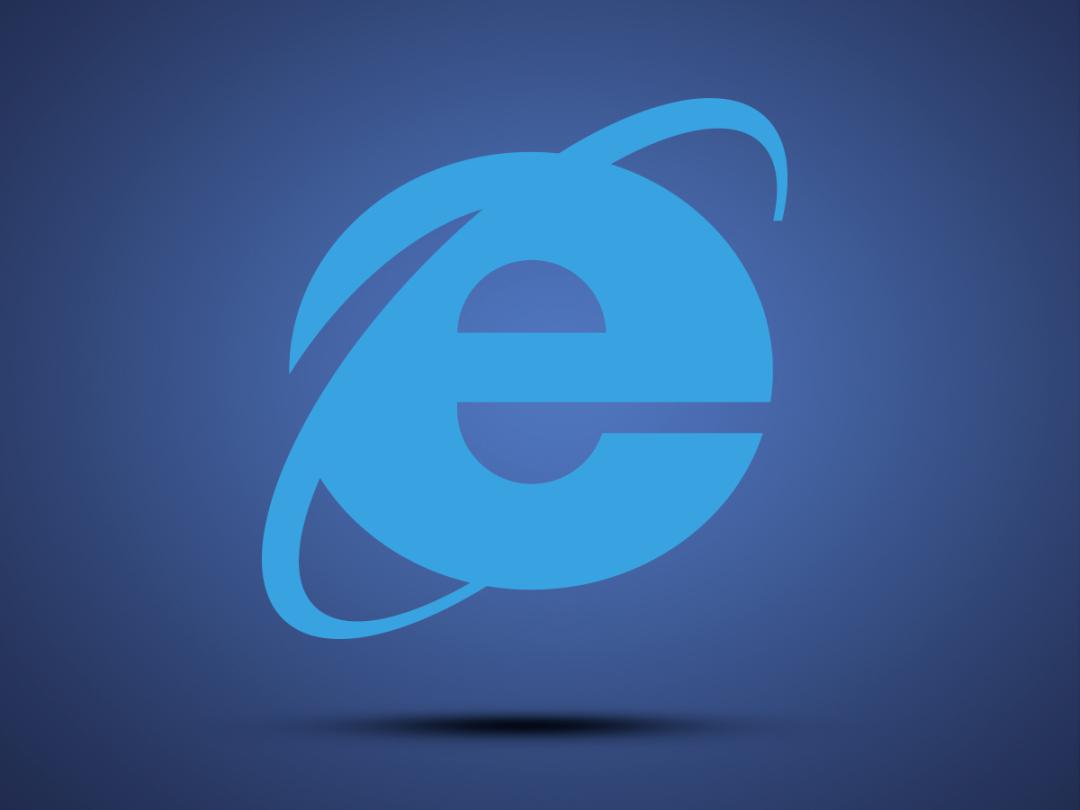Random Access Memories: RIP Internet Explorer
The internet marauder finally comes to the end of the road after 27 years of fairly consistent service

Internet Explorer is officially dead. Microsoft confirmed the browser was “retired” on 15 June 2022, after 27 years of service. Yes, we thought it was already dead too, but it’s only fitting we gave it an obituary.
Back in 1995, the internet was another world. Just 40 million people were clicking on links, compared to today’s two billion. Websites were basic fare, and the most popular names were absent.
Still, one famous face barged its way onto the scene that year. Having seen Netscape Navigator (discontinued in 2007 and effectively replaced by Firefox) lording it up, Microsoft threw its hat into the ring with Internet Explorer, more commonly known as IE – or “that bloody browser” when it did something awful.
Wow, IE made it to 27 years old? It seems like only yesterday it began stinking up the place!
Let’s be fair – Microsoft’s browser didn’t always make you want to set fire to the thing and hurl it into a ravine. During its early days, IE was actually something of a pioneer in the Wild West of the internet.
Back then, Microsoft dared to innovate, creating and integrating exciting new web technologies, some of which are still in use today. And in a move to please cheapskates, Explorer very quickly normalised the idea of web browsers being free.
So how did it turn evil?
Well, Bill Gates decided the way forward was to stomp the competition into oblivion (so much so it was accused of being anti-competitive). He recognised the power and potential of the internet and fancied controlling it – which meant main rival Netscape had to have its air supply cut off.
IE went out of its way to do its own thing, rather than follow nascent web standards; devs had to code sites for each browser but inevitably focused on the most popular — the free IE, which peaked at a whopping 95% market share – and peppered the internet with ‘best viewed in IE’ badges.
Yet IE now finds itself on this sad little page. How did Microsoft lose such dominance?
Complacency and hubris, mostly. Microsoft stopped caring and IE became a joke, full of security holes. The company also overstepped by welding its browser to Windows, daring everyone to suck it up. Devs and EU regulators refused, resulting in the infamous browser wars that forced standards compliance and eventually made IE irrelevant while Chrome blazed past.
And now? Its replacement, Edge, has the same engine as Chrome… but a market share one-fifteenth of the size of Google’s browser – and only about five times greater than the now-dead Explorer. There’s a lesson to be found in there somewhere.



